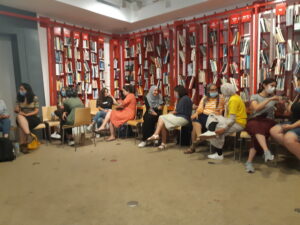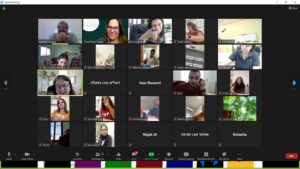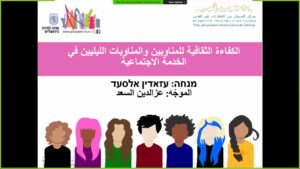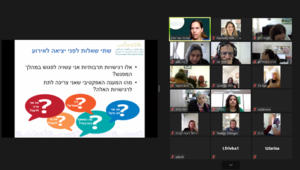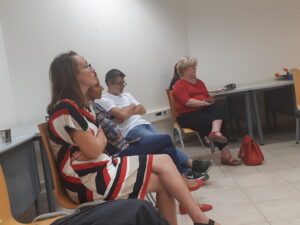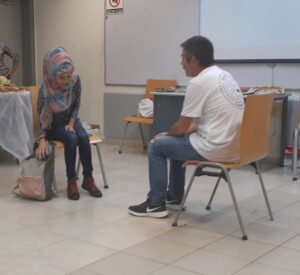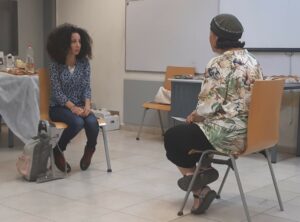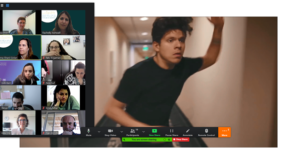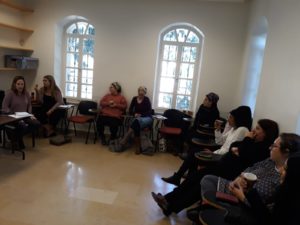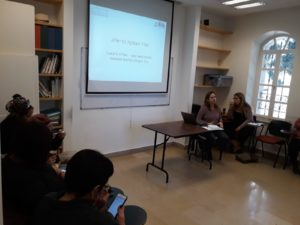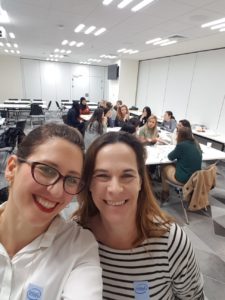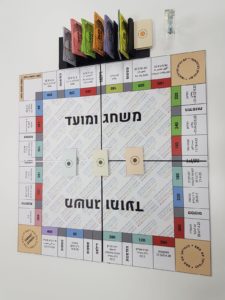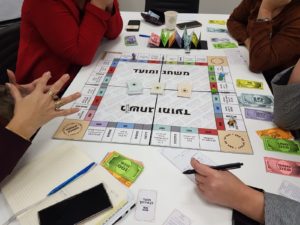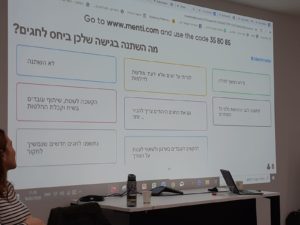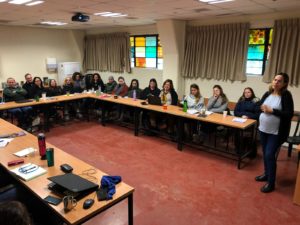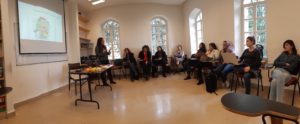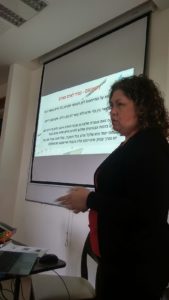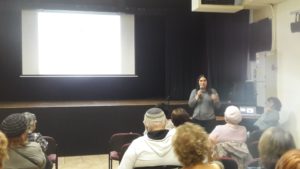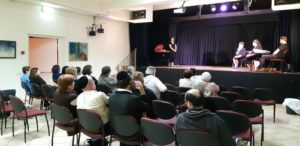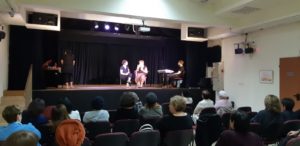Dealing with Social and Political Tensions at the Bloomfield Science Museum Jerusalem
The tension from the recent Guardian of the Walls operation did not go unnoticed at the Bloomfield Science Museum in Jerusalem. Guided by the principles of cultural competency, half of the museum’s instructors are Jewish, and half are Palestinian. The instruction team knows how to adapt the content to the various audiences that visit it – secular, religious, and Ultra-Orthodox Jews, Jews and Arabs, Israelis and tourists, and the museum’s exhibits contain information in three languages - Hebrew, Arabic and English.
The intercultural encounter at the museum invites quite a few conflicts and challenges for instructors – including social and political tensions. For example one instructor described a discussion with ultra-Orthodox students about an exhibit that describes a different perception of the length of existence of the world than that which the ultra-Orthodox students hold. During the operation, Palestinian instructors described their fear of going to the Museum, located in central Jerusalem, and groups’ fear of coming into the western part of the city. There were also numerous cancellations, or demands such as one school principal’s request that there be no Jewish groups at the Museum during their visit. There were instructors who wear a Hijab, who felt that Jews did not want to receive instruction from them because they were Muslim. Or Jewish and Muslim groups who called out racist chants to before entering the museum. These issues and challenges were difficult for instructors to deal with without appropriate tools.
At the beginning of July we met with a group of museum guides – Jews and Palestinians, Hebrew and Arabic-speakers, for a two-session workshop. The guides acquired tools for dealing with intercultural group encounters, effective dialogue that helps each side to ‘see’ the other, and how to conduct a dialogue in socially or politically charged situations. Together with Orna Shani Golan, Director of the Cultural Competency Desk, the instructors developed responses for how to deal with groups conflict between groups, based on political or religious differences.
This is just the beginning of cultural competency work with the staff of the Science Museum. A future workshop is planned as part of the new instructor training, and additional work will be done with with instructors who teach classes to mixed groups of Jewish and Palestinian children, to ensure that the program is culturally competent.

